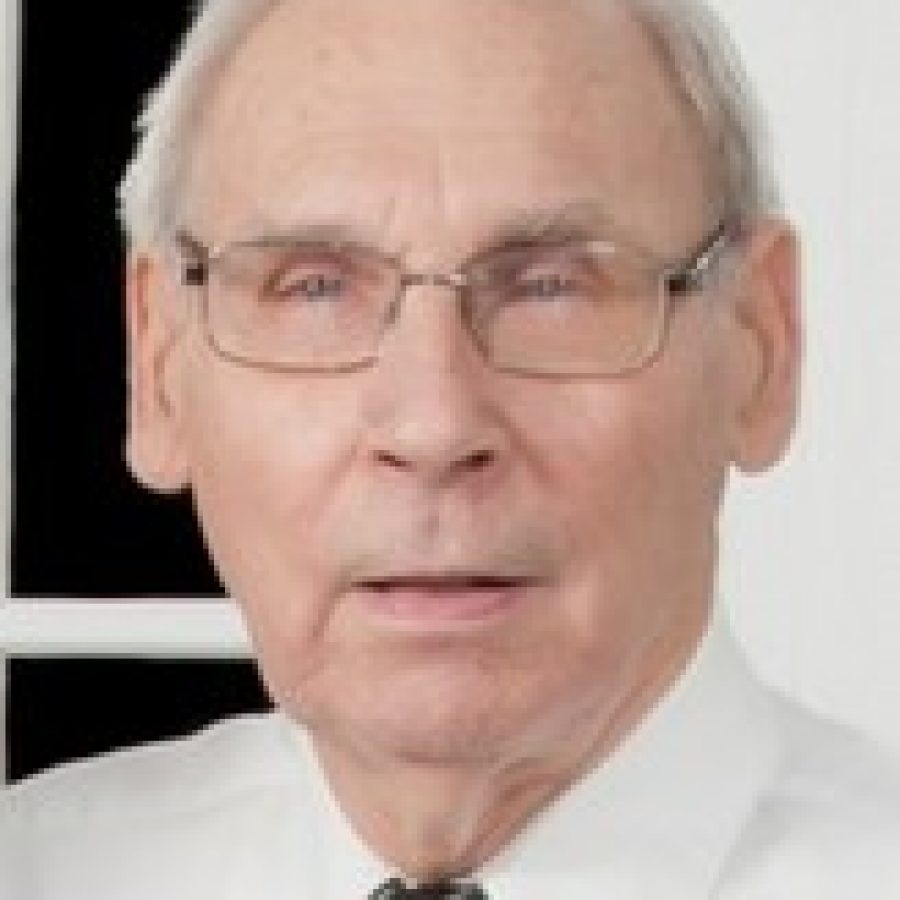Terminal! Incurable!
These were not words that you would want to hear. These were not words that I wanted to hear.
I resisted. I was feeling fine. Why go to the doctor for a checkup and waste the time and spend the money? Like many men, I had been putting off going to see the family physician. My wife, a nurse by education, insisted. I went.
A terminal, incurable condition — I was shocked and frightened. I felt fine. Not as I did at 20, but still healthy and vigorous.
Then I realized that each of us have that same condition. It is mortality. Our bodies will not last forever.
But if we want to live healthy, long lives, we have to regularly get checkups. We take our vehicles in for periodic checkups and maintenance, why not our bodies?
I had gone to the doctor to please my wife, only to come to the realization that I was not immortal. Subconsciously, I knew that I would not live forever, but I was not planning for death — that was some time in the distant future.
Although I am in good health today, my lifespan is indeterminate, and death is a certainty for me, as it is for each of us.
A television series was aired over one of the premium channels in the summer of 2011 called “Touchwood: Miracle Day.”
The “miracle” of the title was that no one would die. How wonderful, you may think. But this turned out to be a curse, as overpopulation soon threatened to end civilization.
The series was a nice twist to the age-old dream of immortality, of living forever. Unfortunately, it failed to recognize the psychological affect that immortality would have on the human race. The lack of immortality shapes what we do and what we become. It inspires men and women to write books, construct great buildings and great cities and form religions.
Cultures strive because of mortality. If we were immortal, the motor of civilization would sputter to a stop.
Eventually our bodies will cease to function. But each of us has something that is unique and could live on.
That is our memories. Our memories, our story are unique. No one else has all the same memories.
My quest for immortality shaped my de-cision a few years ago to put to writing my memories. I wrote a book for my children and grandchildren about my life and the times in which I lived. It is unique because it is my story.
I was born during the time of the Great Depression, lived during the Second World War and moved with my family to a primitive coal-mining camp in Alaska at the age of 10.
I graduated from a one-room schoolhouse at the top of my class — not hard to do since I was the only one to graduate from grammar school that year. Then I went to high school and military service.
After military service, I worked my way through college and attended law school on



